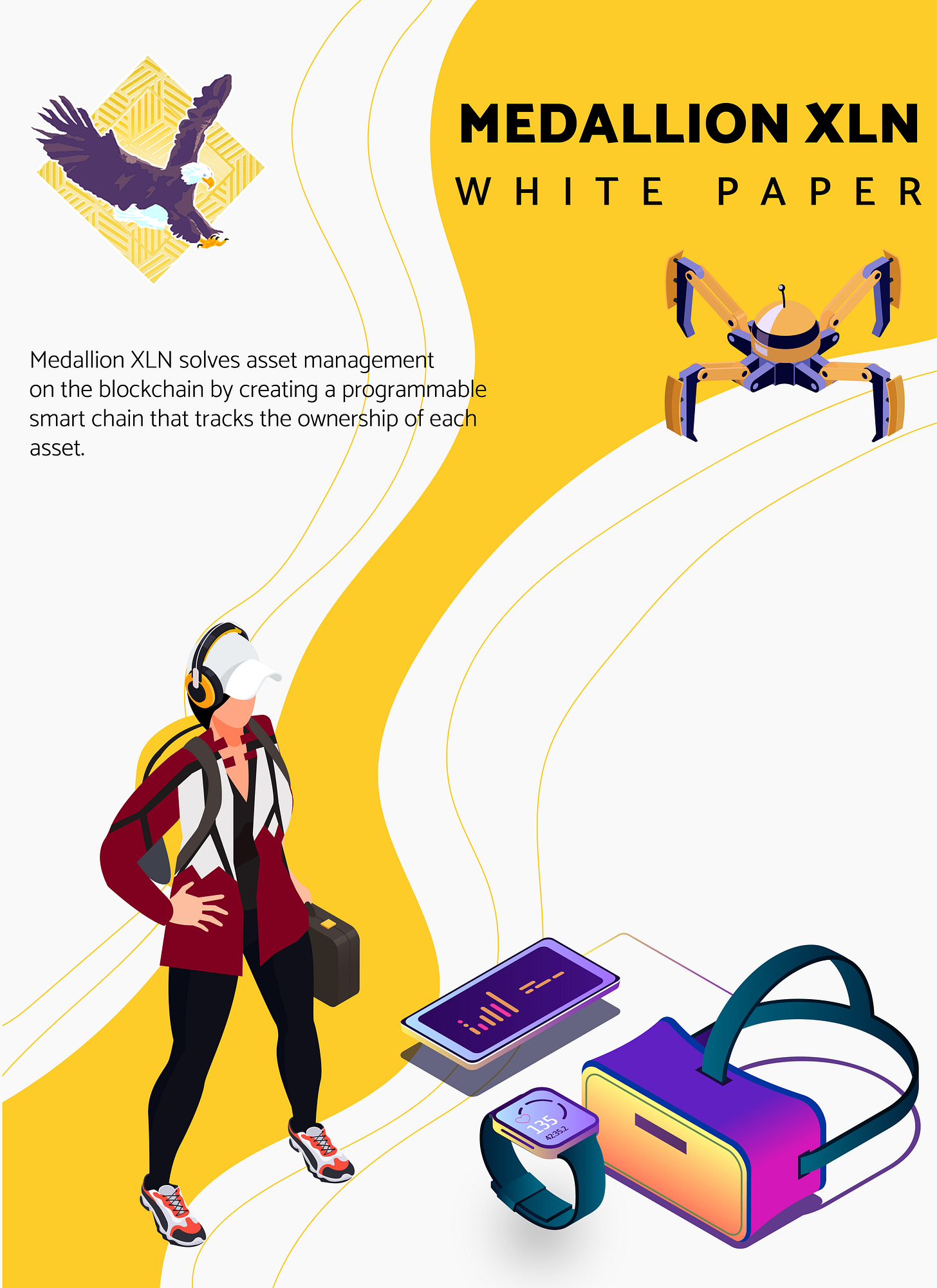In this crazy world of crypto and metaverses, there are more applications of blockchain than there are actors in Hollywood. Okay, maybe not that many. But the number is growing. Before we dive into this ever-expanding ocean, let’s all get on the same page. Blockchain is defined as a shared, immutable ledger that facilitates the process of recording transactions and tracking assets in a peer-to-peer business network. An asset can be tangible (a house, car, cash, land) or intangible (intellectual property, patents, copyrights, branding). As a database, a blockchain stores information electronically in digital format, maintaining a secure and decentralized record of transactions. Blockchain guarantees the fidelity and security of a record of data and guarantees trust without the need for a trusted third party. Got it? Good. Let’s see how folks are utilizing blockchain technology.
In an article by Sam Daley, Associate Product Manager for Builtin. Daley sheds light on the many applications and real-world use cases of blockchain technology. He states that blockchain applications go far beyond cryptocurrency and bitcoin. With its ability to create more transparency and fairness while also saving businesses time and money, the technology is impacting a variety of sectors in ways that range from how contracts are enforced to making government work more efficiently. One of those sectors is Personal Identity Security Use Cases.
Katherine Skiba wrote an article for AARP titled Pandemic Proves to Be Fertile Ground for Identity Thieves, quoting an FTC report that the number of identity theft cases doubled in 2020 from 2019. Frauds grew from 1.72 million reports in 2019, and year-over-year losses climbed to more than $3.3 billion in 2020 from $1.8 billion a year earlier. Daley notes that fraud on this scale can occur via everything from forged documents to hacking into personal files. Keeping social security numbers, birth certificates and other sensitive information on a decentralized blockchain ledger could see a drastic drop in identity theft claims.
The Illinois Blockchain Initiative is doing just that. Illinois is at the forefront of experimental blockchain in government. The state-funded initiative has already put in place measures to use a distributed blockchain ledger to enhance the security of birth certificates, death certificates, voter registration cards, social security numbers, and much more.
Ocular, based in Los Angeles, California specializes in cybersecurity and fintech. Ocular’s anti-money laundering compliance platform leverages blockchain-enabled security to ensure data cannot be manipulated. The technology uses biometric systems to scan the faces of individuals applying for passports, driver’s licenses, and other government-issued IDs. By viewing biometric systems on blockchains, governments can more easily catch identity thieves foraging for fake passports, certificates, and IDs from other countries. Ligero, Civic, and Evernym are several other companies in this sector.
The Internet of Things (IoT) is the next logical boom in blockchain applications according to Daley. IoT has millions of applications and many safety concerns. An increase in IoT products means better chances for hackers to steal your data on everything from an Amazon Alexa to a smart thermostat. Blockchain-infused IoT adds a higher level of security to prevent data breaches by utilizing transparency and virtual incorruptibility of the technology to keep things “smart.”
HYPR based in New York boasts that True Passwordless multi-factor authentication (MFA) is game-changing. It shifts the economics of cybersecurity and risk in the enterprises’ favor by removing the hackers’ primary target – passwords. They thwart cybersecurity risks in IoT devices with their decentralized credential solutions(MFA). In using biometric and password-free solutions, the company makes IoT devices virtually unhackable. Their goal is to make credential reuse attacks, account takeover fraud, and password breaches a thing of the past.
Xage Security, Inc. out of Palo Alto, California is a beast in the world of cybersecurity. Xage is shortlisted in this year’s SaaS Awards, in the “Best Security Innovation in a SaaS Product” category. The SaaS Awards, now in their seventh year, recognize top companies in the software-as-a-service industry, in sectors from cybersecurity and artificial intelligence to e-commerce and logistics. Xage is the world’s first blockchain-enabled cybersecurity platform for IoT companies, managing billions of devices at once. And can even self-diagnose and heal possible breaches. Xage is primarily used by IoT companies in the transportation, energy, and manufacturing industries. Xage defines themselves as Security and IoT experts who created security products and industrial automation solutions used by global 1,000 companies. Using our experience enabling high-growth markets, we deliver the only true decentralized platform for protecting the Industrial Internet of Things.
I’ve just scratched the surface of current blockchain applications. But don’t be dismayed, I’ll be sharing more later. So get some sunshine, hug a tree, take a walk, relax, call a friend, and subscribe to our newsletter. Tell that friend about us too. We’re so close to launching that I can taste it! Mmmm…floral notes with lighter earthy notes. Raise a glass as we toast to all of our subscribers. Your subscriptions, comments, and podcast views remind us that we have a community anxiously awaiting our ICO date. The unveiling of how we plan to change the world for creators in every genre. Allowing the world to witness your uniqueness…for a price. Know your worth and come ride with us. Drink up!
Subscribe to Medallion XLN as we are building the next generation of technology using XR, Blockchain, AI, and the power of decentralization to reclaim our digital sovereignty.















How do you Blockchain?
Its time to take over